7 Key Differences Between Decentralized and Centralized Wallets
January 20, 2025
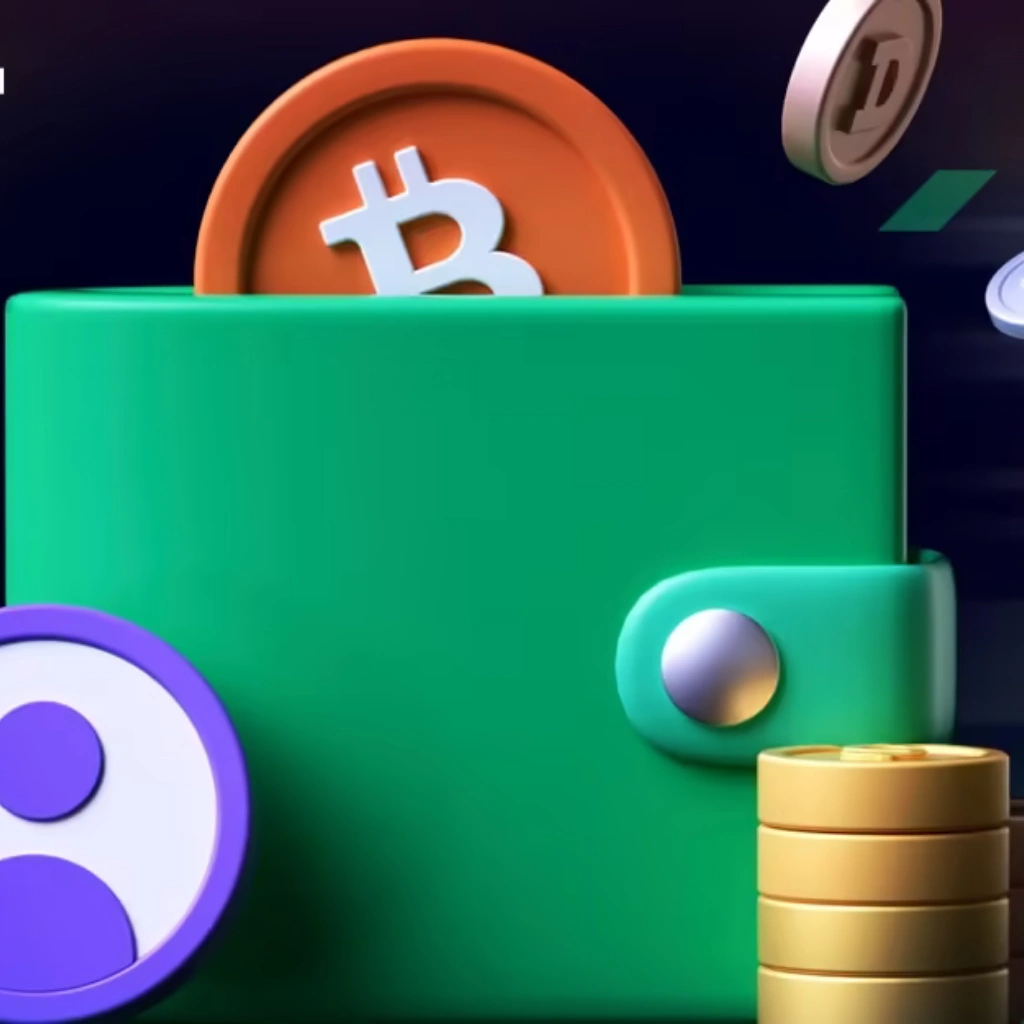
When people get into crypto, most don’t start with a decentralized wallet—and that’s a shame. It’s often treated as some elite-level tech, when really, it’s just a smarter, more secure way to hold your digital assets.
Still unsure? Let’s cut through the buzzwords and compare the two head-to-head. Here are 7 key ways a decentralized wallet stands apart—and ahead—of a centralized one.
1. You Hold the Keys (Literally)
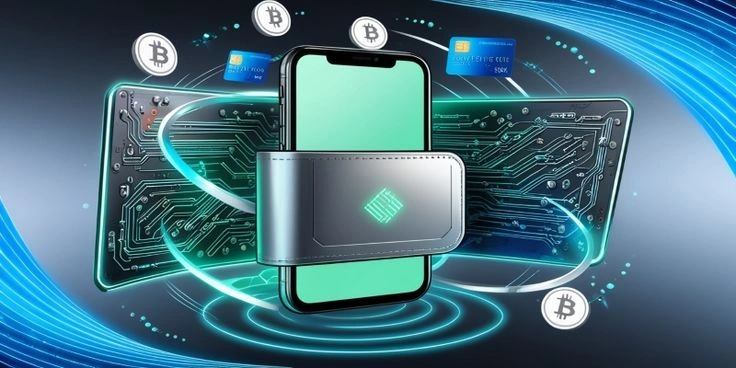
- Decentralized Wallet: You control your private keys. That means you own your crypto.
- Centralized Wallet: Your keys are stored by a third party (exchange). If they lose them or get hacked, so do you.
Crypto rule #1: Not your keys, not your coins.
2. No Middlemen or Gatekeepers

- Decentralized: Transactions go straight to the blockchain—no approvals, no delays.
- Centralized: Every action passes through a company that can limit, delay, or block it.
With decentralized wallets, there’s no pause button someone else can press.
3. True Financial Autonomy
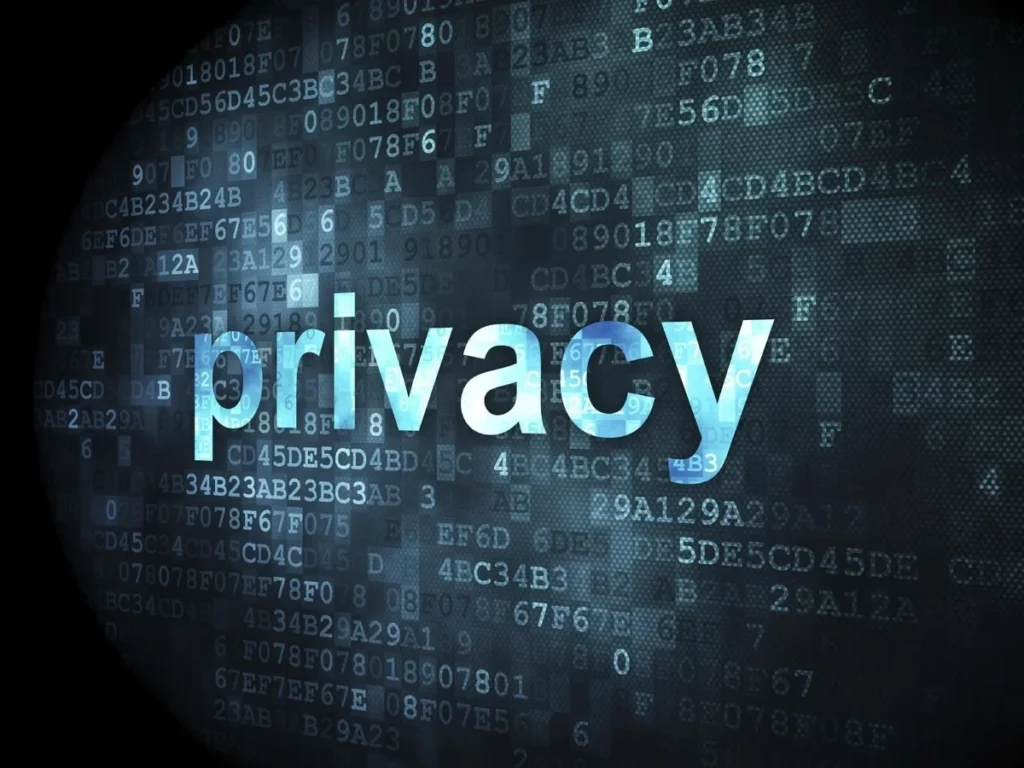
- Decentralized: Censorship-resistant. Nobody can freeze or seize your assets.
- Centralized: Governments or platforms can halt your funds with a few keystrokes.
One gives you freedom. The other gives you permission—if you’re lucky.
4. Decentralized Wallet: No KYC or Identity Sharing
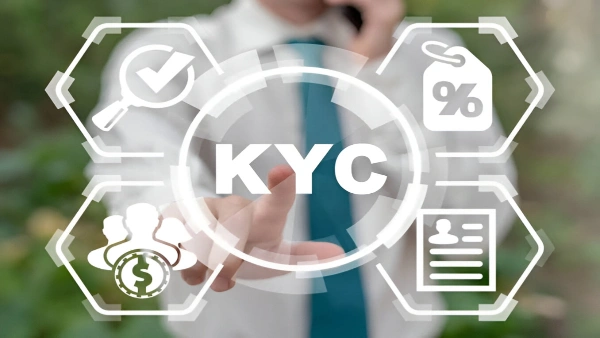
- Decentralized: Use without personal data or documents.
- Centralized: Requires ID verification and often tracks user activity.
Want privacy? Start with a wallet that doesn’t ask who you are.
5. Decentralized Wallet: Security Depends on You
- Decentralized: Lose your private key or seed phrase? Game over.
- Centralized: Forgot your password? You can reset it.
Decentralized wallets are unforgiving—but also unhackable if you’re careful.
6. Decentralized Wallet: Flexibility and Access to DeFi
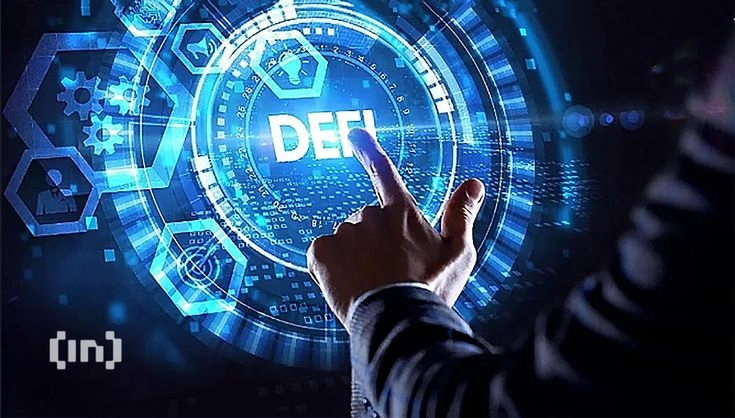
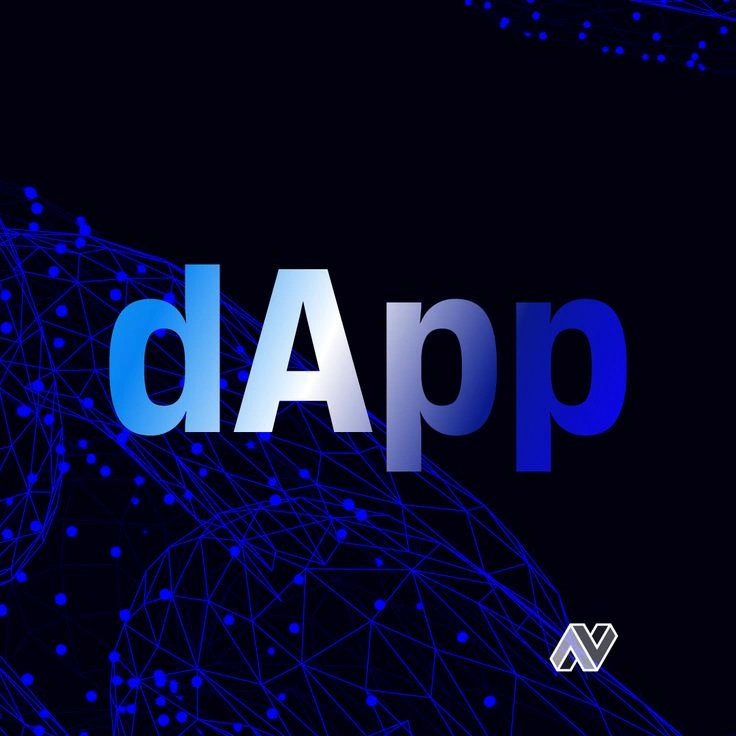
- Decentralized: Seamlessly connects to DeFi platforms, DApps, NFT marketplaces, etc.
- Centralized: Often restricts access to advanced crypto features and tokens.
Web3 lives in decentralized wallets—centralized ones are still stuck in Web2.
7. Long-Term Trust vs. Short-Term Convenience
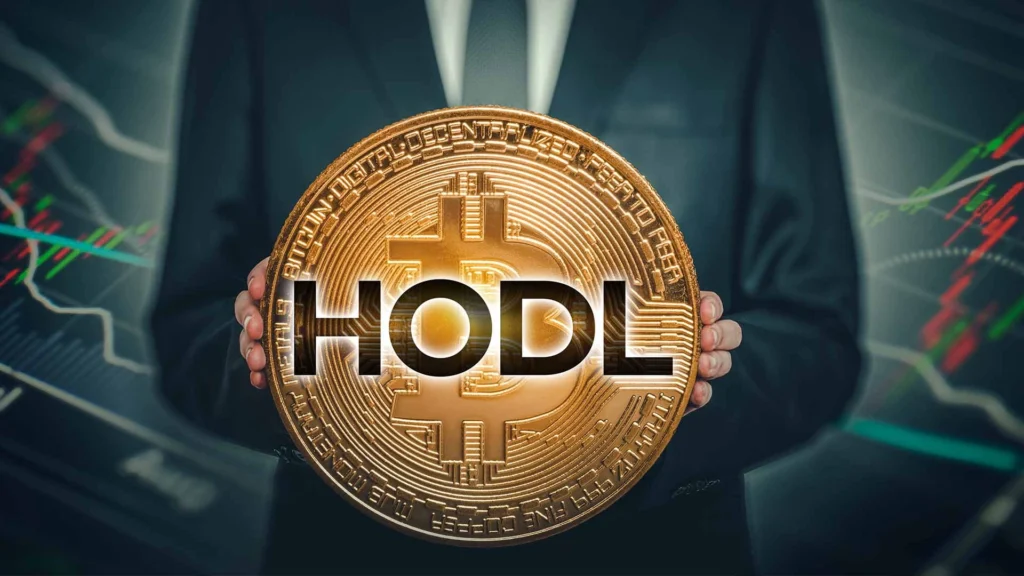
- Decentralized: Built for users who want long-term control and ownership.
- Centralized: Great for quick trades, but risky for storage or HODLing.
Why rent your future when you can own it?
So… Which Should You Use?
Honestly? Maybe both. Use a centralized wallet for trading speed or fiat on-ramps. But for long-term holds, privacy, or actual control, a decentralized wallet is non-negotiable.
Just remember: decentralized wallets don’t come with hand-holding. No help desks. No “Forgot Password.” You’re the only one with the keys—and that’s exactly the point.
Final Take: Choose Ownership Over Comfort
In a world where financial control is under fire, decentralized wallets aren’t just a better tool—they’re a statement. Sure, they require more responsibility. But once you get used to the freedom, there’s really no turning back.
If you care about crypto beyond the price charts, start by owning your keys.
Because the most secure wallet… is the one only you can access.
Relevant News: HERE

